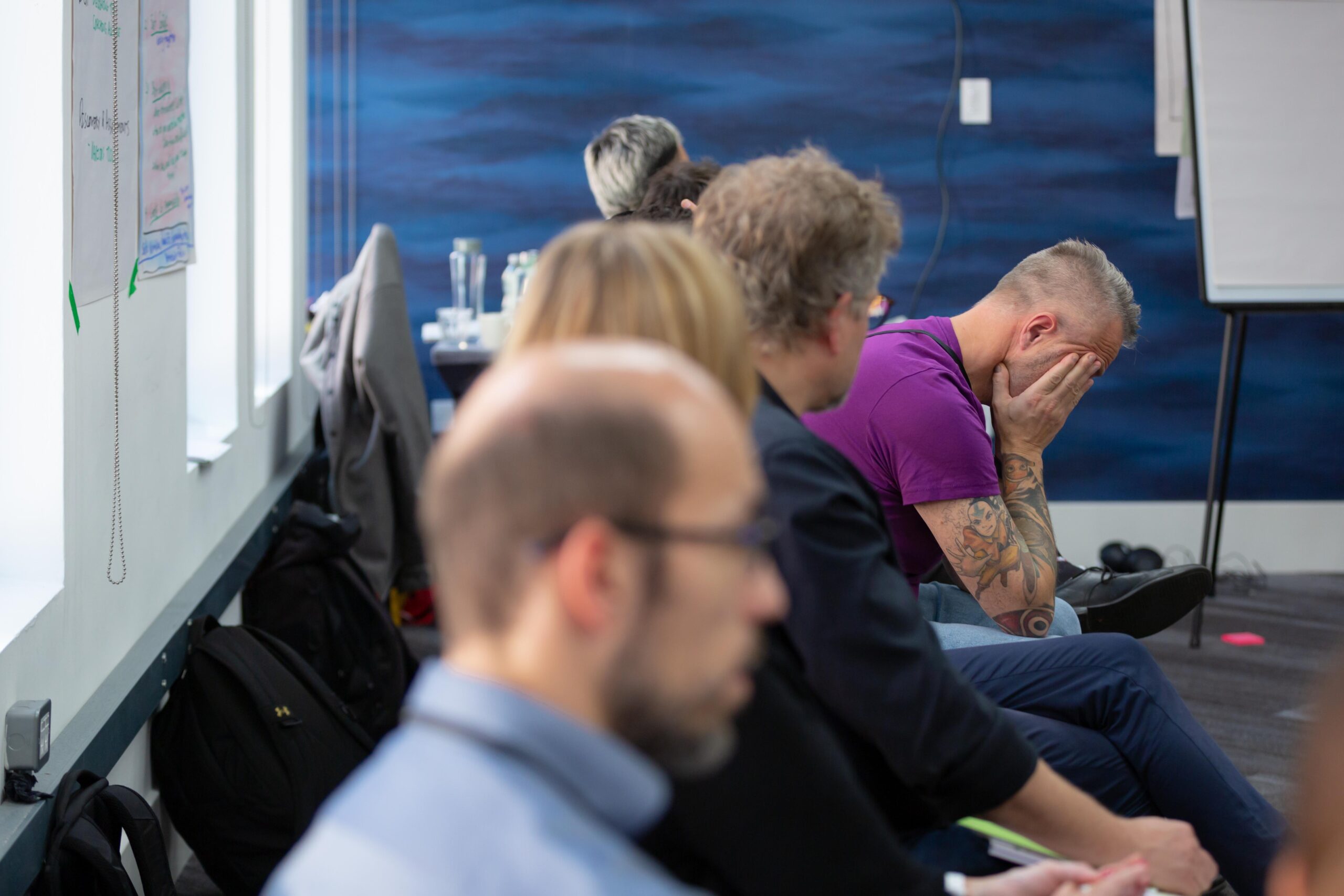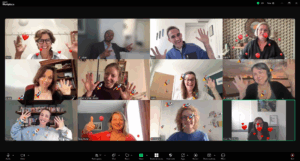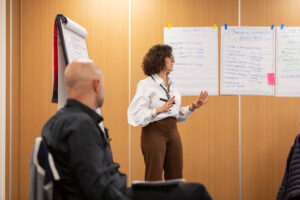Good Conflict vs. High Conflict:
Why Disagreement Can Be Your Ally
Conflict is a word that often evokes images of raised voices, slammed doors, and a general sense of “us vs. them.” But what if we told you that conflict isn’t inherently bad? In fact, when managed effectively, it can be a powerful tool for growth and innovation.
So, how do we navigate the murky waters of disagreement? Let’s untangle the differences between good conflict and high conflict, and explore why we actually need the former to thrive.
Good Conflict: A Catalyst for Greatness
Imagine a brainstorming session where everyone agrees. Sounds peaceful, right? Not necessarily. Good conflict, also known as healthy conflict, involves respectful disagreement that sparks creativity and critical thinking. Here’s what makes it tick:
- Focus on Issues, not Insults: The disagreement centres on ideas and approaches, not personal attacks or finger-pointing. Open and honest communication reigns supreme.
- Active Listening Takes Center Stage: Everyone listens intently to understand different perspectives, fostering empathy and building a bridge towards common ground.
- Diversity of Thought Breeds Innovation: Disagreements bring a variety of viewpoints to the table, leading to creative problem-solving and potentially groundbreaking solutions. We build on each other’s ideas, not tear them down.
- Stronger Teams Emerge: Navigating conflict constructively strengthens trust, respect, and a sense of shared purpose within teams. Disagreements can actually be a bonding experience.
The Benefits of Embracing Good Conflict:
- Innovation on Steroids: Diverse perspectives lead to fresh ideas, challenging the status quo and paving the way for groundbreaking solutions.
- Sharper Decision-Making: By considering multiple approaches, teams can make more informed choices that have been pressure-tested from different angles.
- A Culture of Engagement: When employees feel comfortable expressing their views, they’re more likely to be invested in the team’s success and contribute their best work.
- Lifelong Learning: Disagreements open doors to learning from different experiences and perspectives, expanding our knowledge and skillset.
High Conflict: The Destructive Dance
Now, let’s flip the coin and examine high conflict. This is the type of disagreement that leaves everyone feeling drained and discouraged. Here’s what sets it apart:
- Personal Attacks Reign Supreme: The focus shifts from the issue at hand to attacking the other person’s character or motives. Blame and negativity take centre stage, hindering productive communication.
- Empathy Goes Out the Window: There’s an inability to understand the other person’s perspective, creating a wall between individuals or teams.
- Communication Breakdown: People stop listening to each other, leading to misunderstandings, misinterpretations, and a deepening of the conflict.
- Focus on the Past: Instead of looking forward, people dwell on past grievances and perceived slights, hindering any chance of moving forward.
The High Cost of High Conflict:
- Reduced Productivity and Performance: Constant negativity and tension create a toxic environment where getting things done becomes an uphill battle.
- Employee Turnover: Who wants to work in a stressful environment? High conflict can lead to a revolving door of employees, impacting team stability.
- Damaged Relationships: Unresolved conflict erodes trust and respect, leaving behind a trail of broken connections within teams and organisations.
- Stalemate and Lack of Progress: When people are too busy fighting, there’s little room for progress or achieving common goals.
Embracing Conflict
Conflict, in its healthy form, is not something to be avoided. It’s a natural part of collaboration and a catalyst for positive change. By fostering respectful communication, active listening, and a focus on finding solutions, we can turn disagreement into a powerful tool for growth, innovation, and success. So, the next time conflict arises, don’t shy away – see it as an opportunity to learn, grow, and build a stronger, more innovative team.
If you’re looking for ways to manage conflict in your teams, with your clients or in any of your relationships, check out our conflict management page with free resources and further content on how to embrace and master conflict.






